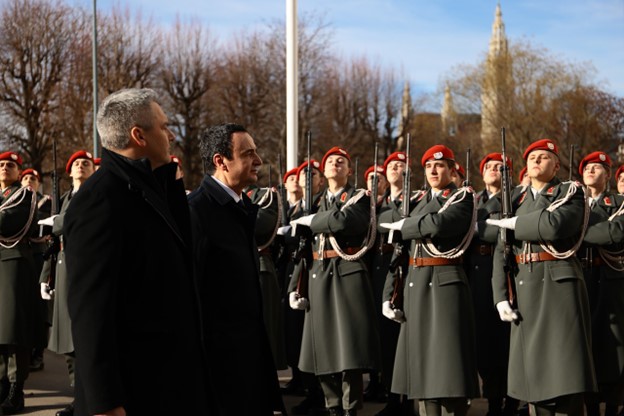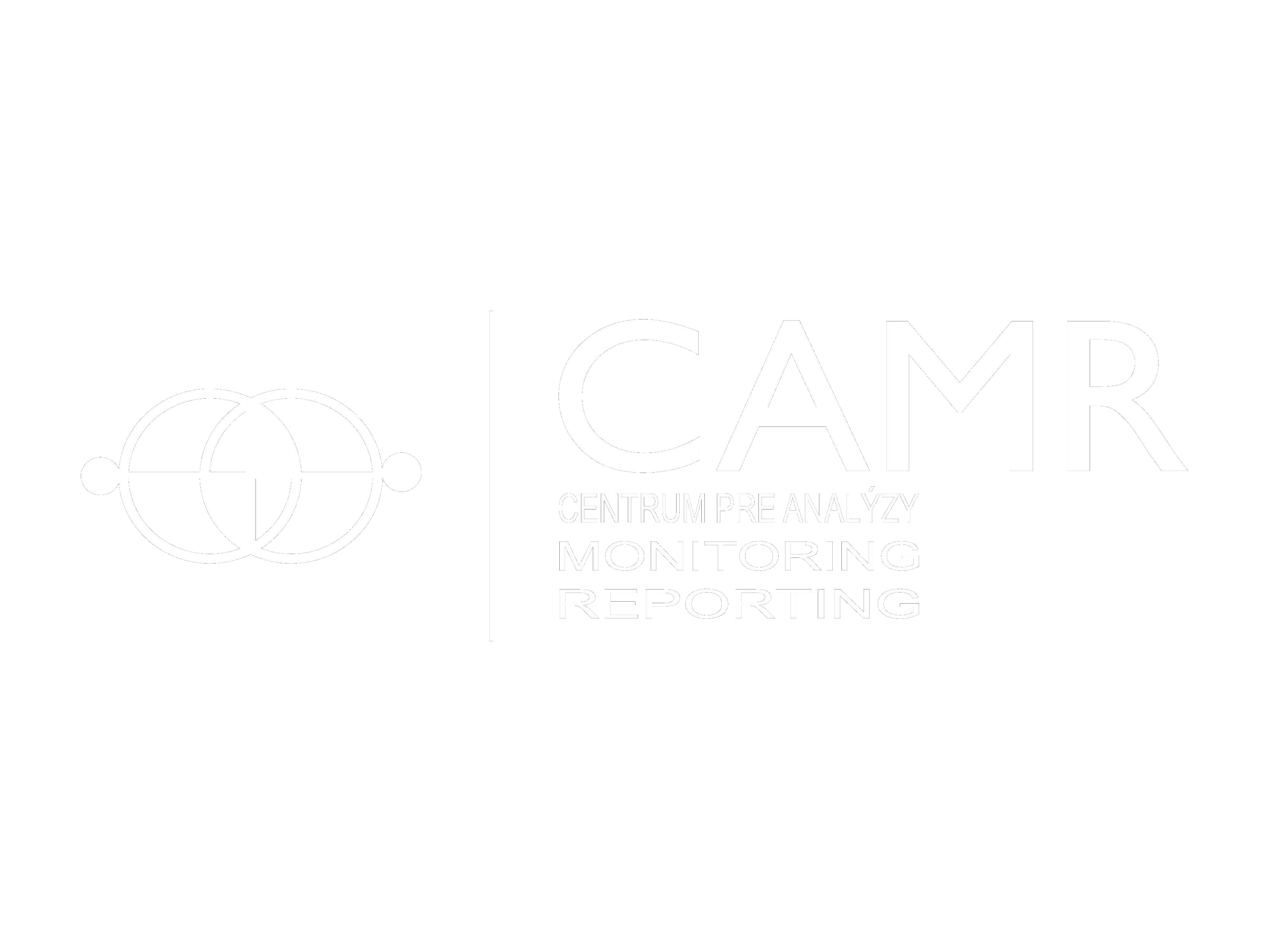Following the 2020 Washington Agreement between Kosovo and Serbia, the Trump administration lost the U.S. elections. On February 14, 2021, Kosovo held elections again, and Albin Kurti won 51% of the votes, marking a historic victory. This significant win bolstered his political mandate and set the stage for a shift in the dialogue with Serbia. Kurti, known for his non-compromising nature and slogan „No Negotiations – Self-Determination!„, believes Kosovo has made sufficient compromises with the Rambouillet Agreement and the Ahtisaari Plan. The Brussels Agreement of 2013, emphasizing the formation of the Association of Serbian Municipalities (ASM), was a significant red line for Kurti, who vowed never to implement it, especially after the Constitutional Court deemed the ASM unconstitutional.
Kurti’s government adopted policies that symbolized a broader strategy to diminish Belgrade’s influence over Northern Kosovo. The ban on Serbian license plates was the beginning of a series of decisive actions: arresting individuals involved in crime or corruption, dismantling illegal bitcoin mines, declaring Serbian paramilitary groups as terrorist organizations, confiscating hidden ammunition and weapons, building police bases in Northern Kosovo, banning of the Serbian dinar and banks inside Kosovo etc. The eventual mutual recognition of license plates marked a significant victory for Kurti. One might be shocked that mere license plates could lead to so much trouble, but we must remember that the plates were only a symbol of deeper issues. Serbian or Kosovo license plates are markers of identity, identities that both sides feel are under threat.
By reducing Belgrade’s influence, Kurti sought to integrate Serbs into Kosovo’s institutions, making the ASM unnecessary. This strategy bolstered Kosovo’s sovereignty while encouraging Serb participation in national institutions. Kurti’s adherence to the constitution and focus on maintaining the status quo served his electoral interests, garnering public support by achieving significant milestones previously deemed unattainable in Kosovo’s political landscape. This whole approach resembles a prisoner’s dilemma, where there is much to lose but also much to gain.
Internationally, Kurti demonstrated pragmatism and flexibility. Despite his criticism of authoritarian leaders, he improved relations with Türkiye and President Erdogan. Amid Western preoccupations with issues like Ukraine, Türkiye assumed command of KFOR following tensions in the north and an attack on KFOR troops. Kosovo’s purchase of Bayraktar drones and Kurti’s visit to Türkiye and the Bayraktar factory, where he also paid respects at Ataturk’s Mausoleum, underscored this shift. Kurti respected the Washington Agreement of 2020, despite initially criticizing it, maintaining Kosovo’s embassy in Jerusalem and supporting Israel during the Gaza conflict. On June 18th, Kosovo and Israel agreed to grant visa-free travel and unspecified-length stays to each other’s citizens, further solidifying diplomatic ties.
Kurti escalated Kosovo’s defense capabilities by expanding army reservists and nearly tripling the military budget. This included acquiring Bayraktar drones, armored vehicles, and Javelin anti-tank missiles. The transition of the Kosovo Security Force (KSF) into proper armed forces is expected to be completed by 2028, with 5,000 active members equipped with modern weapon systems according to NATO standards. The KSF has increased its cooperation and training with the Iowa National Guard.
On June 26th, Kurti and Vučić were scheduled to meet in Brussels as part of the EU-facilitated dialogue to revive discussions alongside the Ohrid Agreement. However, the meeting did not take place because Kurti set three preconditions: formalizing basic agreements with signatures, withdrawing a reservation letter submitted by Serbia’s former Prime Minister, and handing over Milan Radoičić and his paramilitary group to Kosovo authorities. On July 1st, Glauk Konjufca, head of the assembly and a key ally of Kurti, disclosed intelligence indicating that Serbia was preparing for a potential attack in the north.
Recently, an opinion article by Kurti was published in the New York Times praising NATO and its successes, and he also held a CNN interview with General Wesley Clark, discussing Serbia’s aggressive nature. Overall, Kurti’s strategy focuses on strengthening Kosovo’s image, military, and consolidating control in Northern Kosovo, while reminding the West of Serbia’s past and present actions. This is especially significant as the West constantly attempts to appease Serbia to prevent it from further aligning with Russia and China. The Banjska attack provided Kurti with the justification to halt dialogue and maintain the status quo while holding the position of being the constructive side in the dialogue. His long-standing concerns were validated by the Banjska attack, allowing him to use time and patience to await geopolitical shifts. Meanwhile, he prepares for the upcoming elections in Kosovo, continuously proving to his electorate and the West that his approach has been justified all along.
Author: Rron Dragidella
Photo Source: https://pixabay.com/photos/army-soldiers-visit-austria-kosovo-7714147/




















